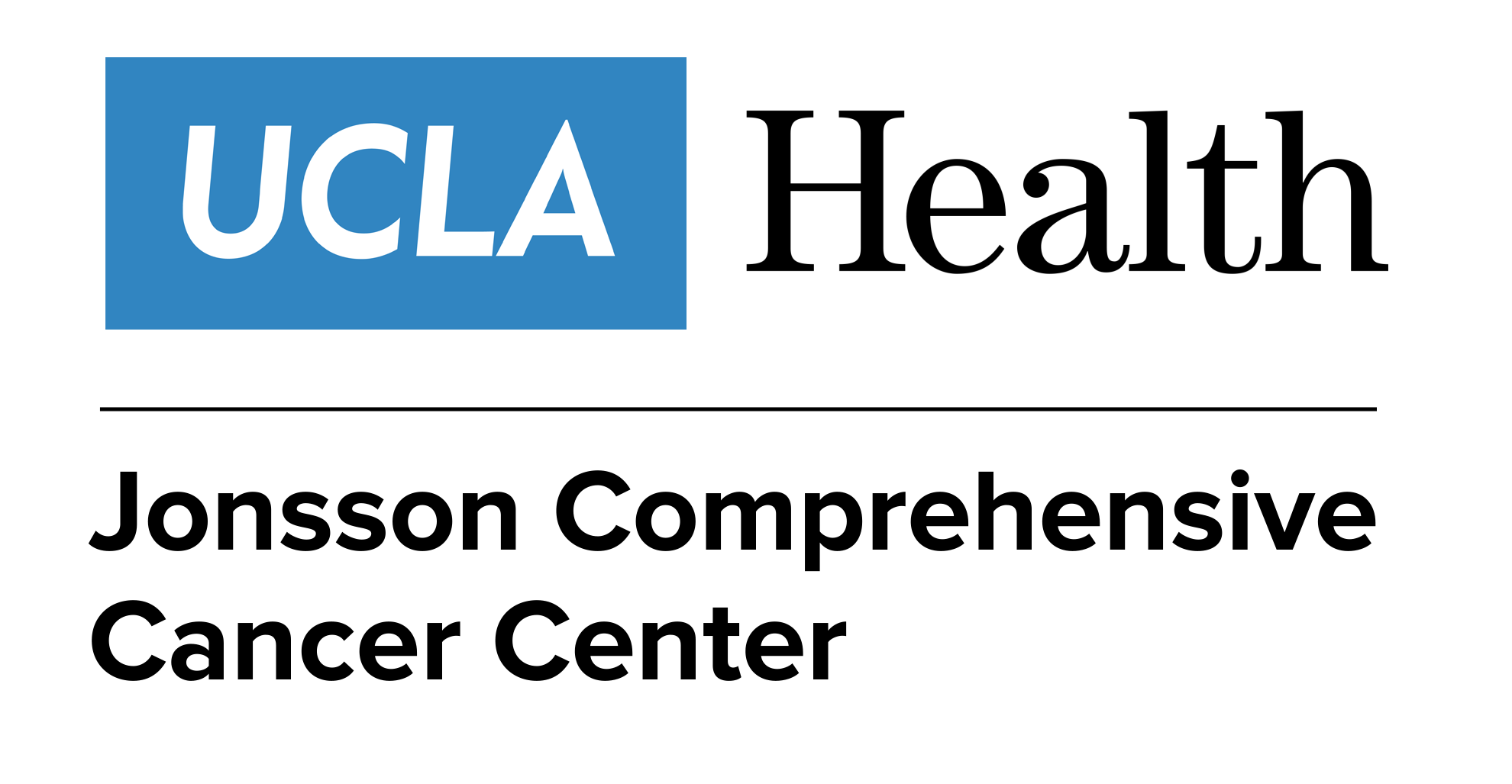- Advertise
- About OncLive
- Editorial Board
- MJH Life Sciences brands
- Contact Us
- Privacy
- Terms & Conditions
- Do Not Sell My Information
2 Clarke Drive
Suite 100
Cranbury, NJ 08512
© 2025 MJH Life Sciences™ and OncLive - Clinical Oncology News, Cancer Expert Insights. All rights reserved.
Dr. Goldman on the Use of Immunotherapy in Oncogene-Driven NSCLC
Jonathan W. Goldman, MD, health sciences clinical instructor, Department of Medicine, and Hematology/Oncology member, Jonsson Comprehensive Cancer Center Signal Transduction and Therapeutics Program, UCLA, discusses the use of immunotherapy in patients with oncogene-driven non–small cell lung cancer (NSCLC).
Jonathan W. Goldman, MD, health sciences clinical instructor, Department of Medicine, and Hematology/Oncology member, Jonsson Comprehensive Cancer Center Signal Transduction and Therapeutics Program, UCLA, discusses the use of immunotherapy in patients with oncogene-driven non—small cell lung cancer (NSCLC).
Immunotherapy, either alone or in combination with chemotherapy, plays an important role in the treatment of patients with advanced nonsquamous and squamous NSCLC. However, the role of immunotherapy in oncogene-driven cancers, such as EGFR and ALK, is less apparent. While the benefit of immunotherapy alone in these subsets is limited, there may be benefit to chemoimmunotherapy for patients whose tumors harbor EGFR mutations or ALK fusions, says Goldman.
According to data from the phase III IMpower150 trial, a small subset of patients with EGFR mutations or ALK fusions derived benefit from the addition of atezolizumab (Tecentriq) to carboplatin, paclitaxel, and bevacizumab (Avastin). Although the trial wasn’t powered to evaluate benefit in this population, there is enough evidence to consider it as an option after patients with these alterations have progressed through all available targeted therapies, concludes Goldman.


